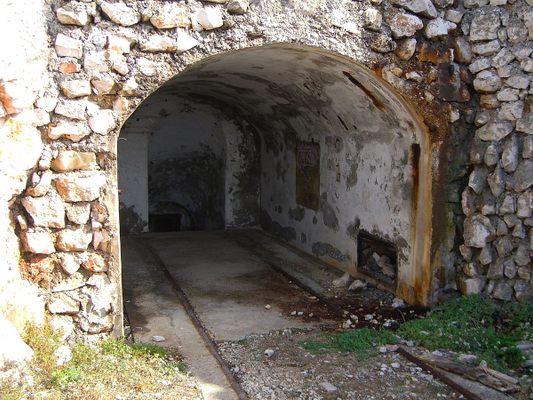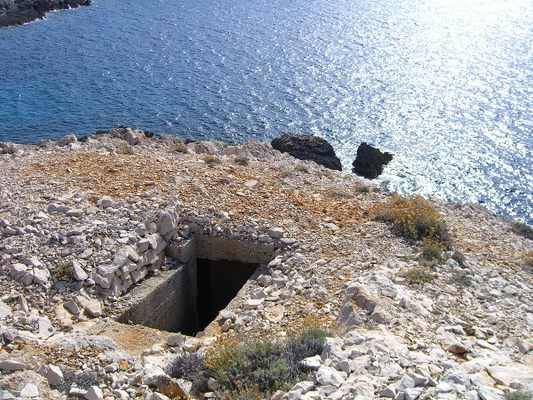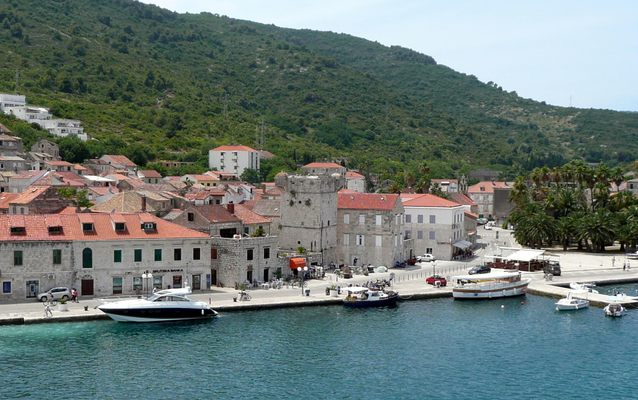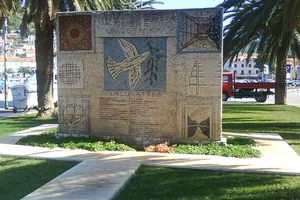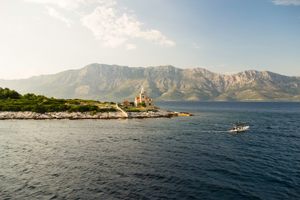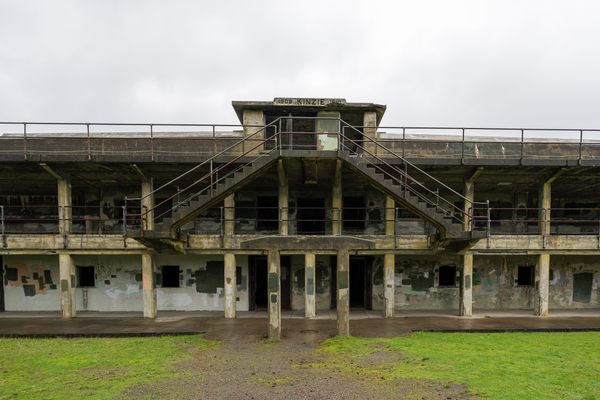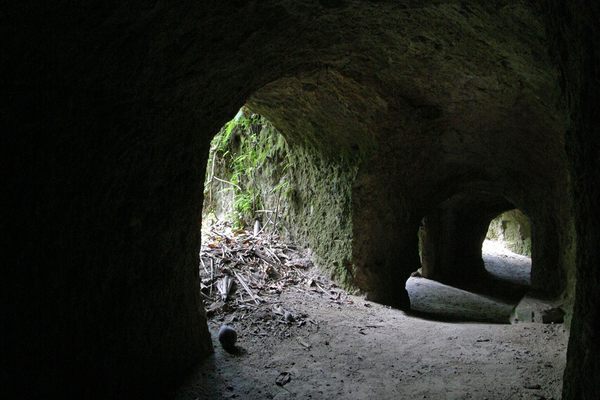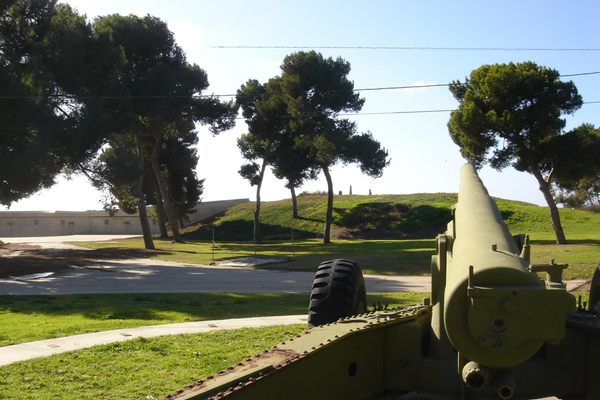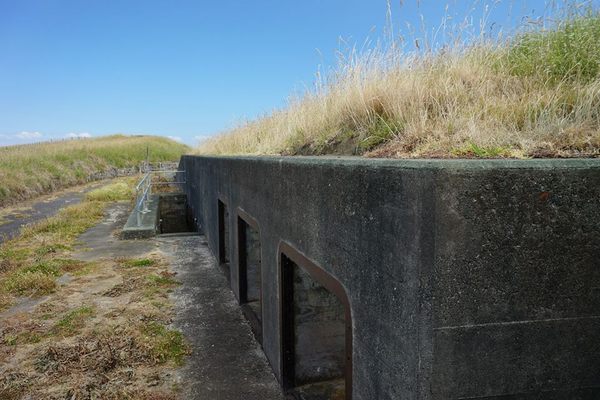About
While the Croatian island of Vis, the furthest from the mainland, has been inhabited for centuries it was not until the mid-20th century that it reached a pinnacle of strategic importance, a time that is still remembered by the handful of abandoned and repurposed military installations throughout the now quiet island.
While had been inhabited for hundreds of years previous, it was during World War II that Vis came under the control of Yugoslavian leader Josip Broz Tito, who began establishing new military fortifications around the island. The site had been the home of previous military bases as well, but it was not until Tito took the island for Yugoslavia that most of the major remaining structures were created. After WWII ended the island officially went to Yugoslavia and their army made it their central naval base, installing such features as an imposing concrete submarine dock that led right into the island hills, and long tunnels that ran under the surface. However when the island reverted to Croatian control in the early 1990's, most of the structures were simply abandoned.
Since the military use of the Vis installations ceased, many of the remaining structures were repurposed for civilian needs, while others simply remained empty. Today, Vis is a sleepy island that actually makes a fair amount of revenue from tourists eager to see the disregarded Cold War-era installations, as well as some of the islands more ancient features such as the classical artifacts displayed in the island's central museum (itself housed in a disused base).
Related Tags
Balkans Road Trip: Serbia, Croatia & Bosnia and Herzegovina
Traverse the beauty and history of the Balkans through locals' stories.
Book NowPublished
August 7, 2014
Sources
- http://en.wikipedia.org/wiki/Vis_(island)
- http://www.telegraph.co.uk/travel/destinations/europe/croatia/10843881/Vis-Croatia-an-island-fit-for-a-Bond-villain.html
- http://www.washingtonpost.com/lifestyle/travel/taking-it-slow-on-the-croatian-island-of-vis/2013/03/14/9270411e-8511-11e2-98a3-b3db6b9ac586_story.html


